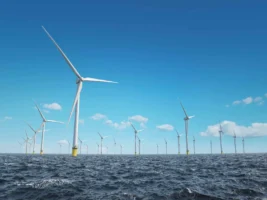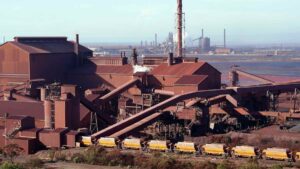The Western Australia state government is calling for stakeholders’ input in framing a target policy that would require electricity retailers to procure a fixed percentage of electricity fuelled by renewable hydrogen, creating a local market to support new projects and improve grid stability.
The policy’s aim is to stimulate local demand for green hydrogen in energy, industrial and transport through a “Renewable Hydrogen Target” for electricity generation in the state’s main electricity grid.
“Western Australia has the renewable energy resources and skills to become a world-leading renewable hydrogen producer,” said WA hydrogen minister Alannah MacTiernan on Friday.
“A renewable hydrogen target for electricity generation on the South West Interconnected System is important to stimulating demand and getting renewable hydrogen generation projects kick-started.”
The push to green hydrogen
WA has committed $160 million to hydrogen development and in August awarded a $10 million grant for Woodside Energy’s proposed hydrogen refueller project.
With matched funding from Woodside, the project will set up a renewable hydrogen production, storage and refuelling facility in the Rockingham Industry Zone.
As part of that project, construction group BGC has said it will purchase and operate five to 10 hydrogen fuel cell concrete agitator trucks, while transport company Centurion has agreed to purchase and operate two hydrogen prime movers. Woodside Energy also plans to lease and refuel two Hyundai Nexo vehicles at the refuelling facility.
Initially, Woodside is targeting production of 235 kilograms per day of hydrogen at the refueller, with the potential to scale up to a targeted 800 kilograms a day and supply more than 50 vehicles.
The International Energy Agency noted in a recent report that hydrogen is seen as an important energy carrier for the deep decarbonisation of the chemical, steel and transportation industries, as well as to support long-tern energy storage.
The World Energy Council predicts that by 2050, hydrogen energy will account for up to 25 percent of global final energy consumption.









